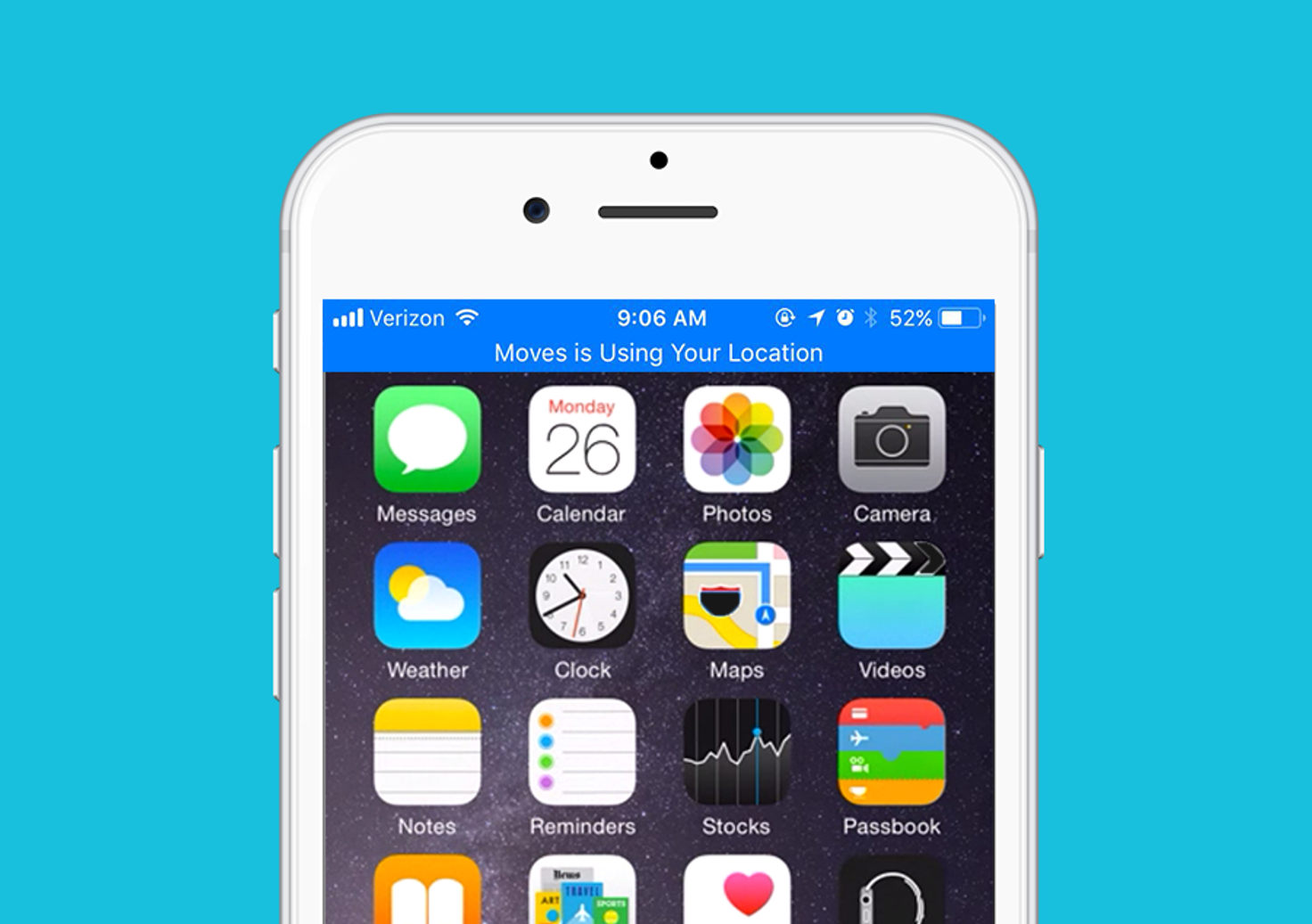Apple's new privacy settings are great, but how will they affect developers?
This year at Apple's annual WWDC, Cook and fellows teased a plethora of features from the upcoming iOS 11. The presentation focused largely on security and privacy for Apple users.
Specifically, iOS 11 (which goes live in September) will introduce new settings that give users more control over their information. Historically, Apple users haven't had precise control over how much of their private information is shared with developers. So what's the motivation behind these new settings?
The driving factor is trust.
As Apple devices become capable of powering more and more aspects of our lives, it's vital that users trust their devices. If Apple wants to take care of things like our money and our health, users need to know that they're in control.

Recent events may also influence this new focus on privacy. From Uber's rule-breaking, to Apple's legal battle with the FBI, to the recent FCC ruling on ISP data-collection - consumer privacy has been making headlines. On top of all that, 2016 was a record-breaking year for hacks and cyber-attacks.
No matter Apple's motivations, developers will have to make some adjustments to follow the rules in iOS 11.
People have trusted us with their most personal information. We owe them nothing less than the best protection that we can possibly provide.
New Rules
- In iOS 10, developers could hide the "Only While Using the App" option for sharing location data. Now, iOS 11 will override developers to force the option to appear.
- Apps that use location services in the background will be shown with a conspicuous blue bar at the top of the screen:

- Users will be able to select specific albums for sharing photos with apps and will be able to give Apps write-only permission for photos.
- Apple is disabling custom App Store rating popups; developers will need to use the App Store API for ratings requests.
- Apple is ending social logins and is building a native password manager in lieu.
These updates are a big step forward for consumer control and privacy, and it looks like this trend isn't going to change any time soon. User privacy and security will most definitely be a focus for Apple moving forward.
iOS 11 Developer Checklist
What do you need to do as a developer to ready your app for iOS 11's new security features? We put together a nice checklist for you. This list includes changes that are coming to iOS, as well as ways that you can make your data usage more transparent.
- Make sure that you're using the App Store API for ratings, not a custom rating prompt.
- Apps that rely on constant location data might want to rethink their model, lest they be identified with the "blue bar of shame."
- Since your app might lose access to users' photo libraries, make sure that it's still relevant when only having access to certain albums.
- Eliminate social logins and prepare your onboarding workflow for Password Autofill.
- Your initial permissions prompts should explain to users why and how you are using their data. Transparency is key to trust.
- Remind users why they gave your app permission with privacy nudges. Note that these are handled by the OS, so your data usage descriptions should be clear and concise:

- If you are planning on using collected data for uses other than in your app, let your users know - after all, you are supposed to be providing value to them, not the other way around.
All together, these updates feel like a reckoning. While developers have enjoyed relatively lax regulations over the past decade, Apple is finally cracking down. Maybe this is due to increased demand for privacy from users, or maybe it's due to the increase in fraudulent and malicious apps making it to the App Store.
Either way, Cupertino is sending a message: apps can be responsible for user data or lose access entirely. Both developers and users can be thankful that Apple is finally taking serious steps to address user privacy concerns.


